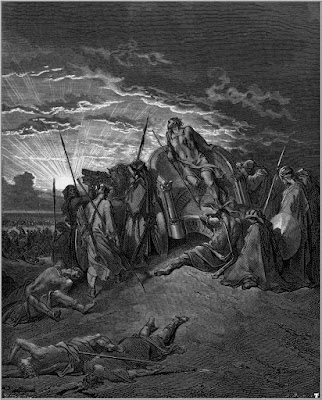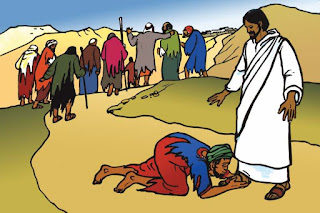The "Simple" Commandment to Love
"The commandments, 'You shall not commit adultery; You shall not murder; You shall not steal; You shall not covet'; and any other commandment, are summed up in this word, 'Love your neighbor as yourself.'" The things God wants from us don't comprise a lengthy list of rules and regulations. What God wants is simple to say but hard to do. You can sum up everything God wants from you with one word: Love. It says it all. Love God. Love people. End of story. Of course the logical question that follows unearths the difficulty of obeying this simply-spoken command: What does it mean to love? This is why we need the Bible—not to burden us with lengthy lists of rules but to demonstrate what love looks like. In the Bible we see how God patiently waits for, disciplines and blesses people. In the Bible we learn how Jesus demonstrates love by laying down his life. In the Bible we discover the consequences of making loving choices versus those of making selfish ch...



















